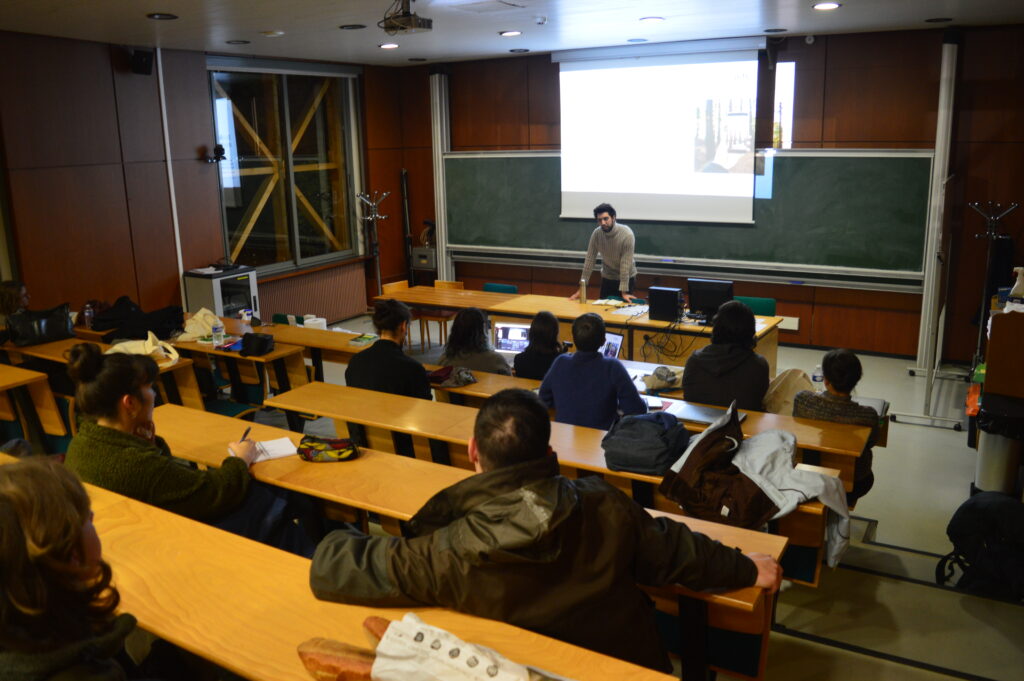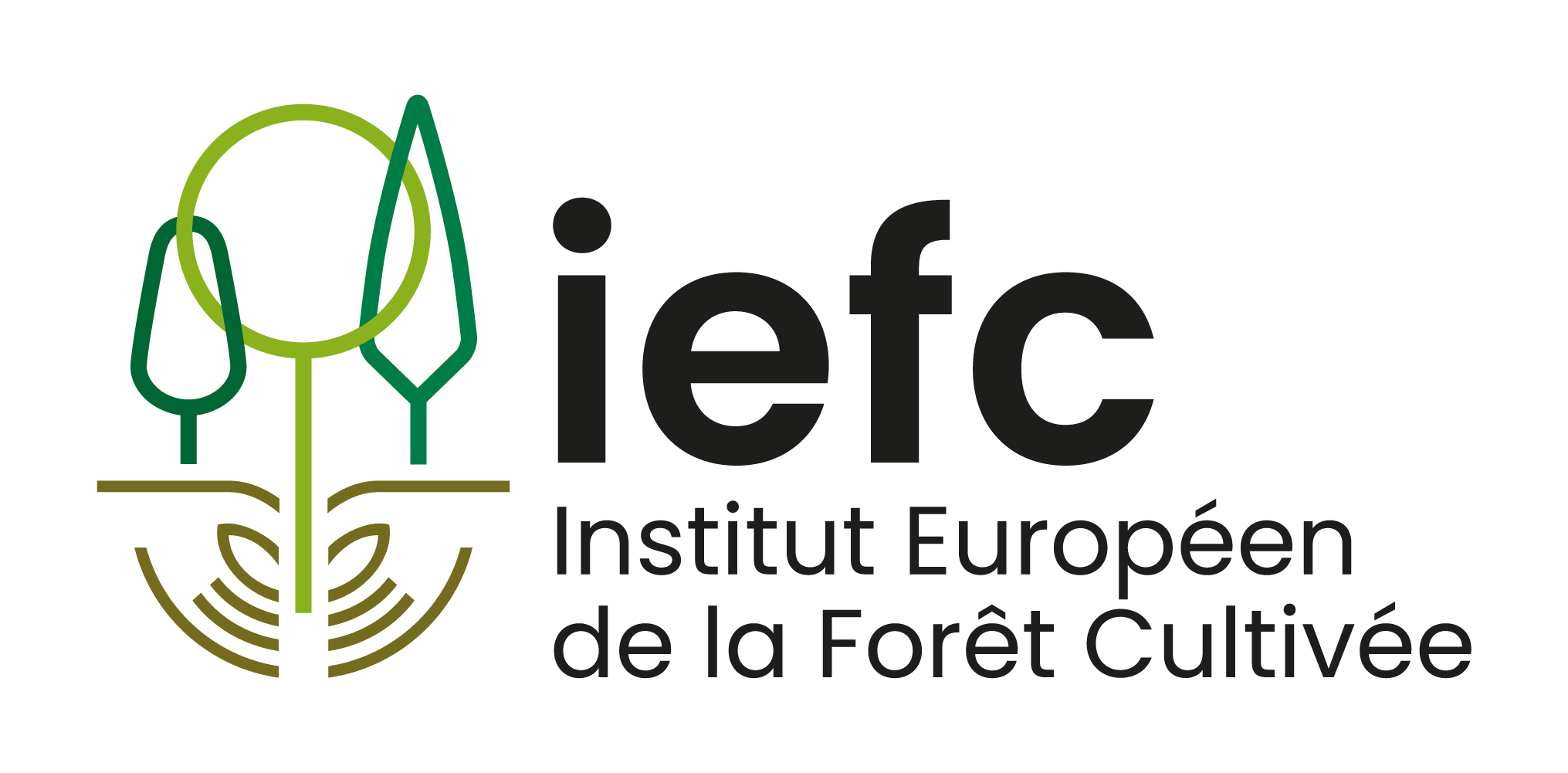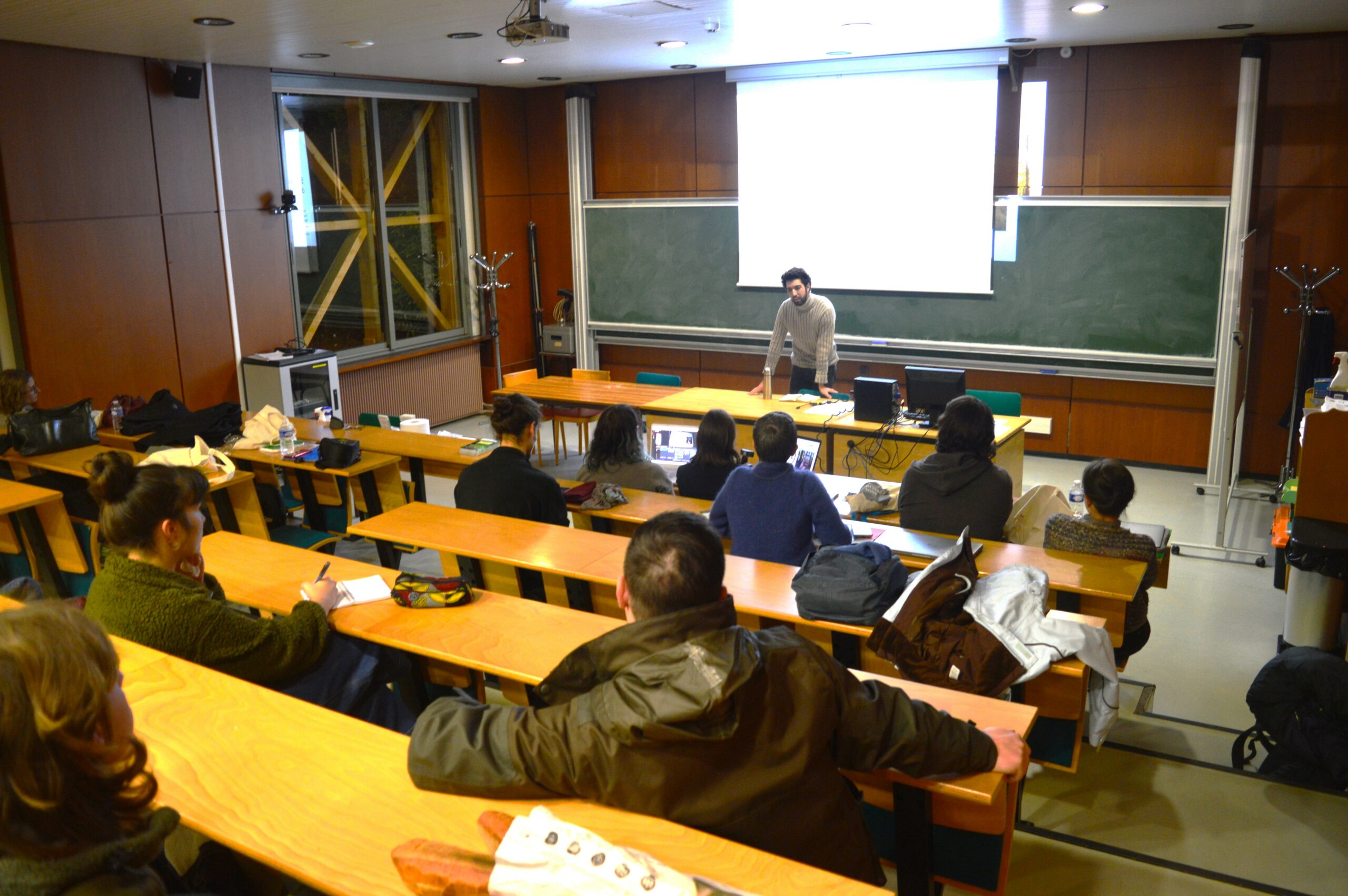
On Wednesday, December 7, 2022, IEFC in collaboration with AgroParisTech Nancy and the IFSA FRANCE Association, organised an evening of discussion on participatory science tools for forests (Assessment, Issues & Challenges for the Future), as part of the Virtual Forests project.
How we define participatory sciences: Participatory sciences (sometimes called “citizen sciences” or “collaborative sciences”) are “forms of scientific knowledge gathering in which non-scientific-professional stakeholders — whether individuals or groups — participate actively and deliberately”.
This evening of exchanges began with a welcome speech by Myriam Legay, Director of the AgroParisTech Nancy school, who emphasised the paradox that our society is currently experiencing, societies whose daily activity is increasingly based on new science, and societies in which everyone has access to information that is increasing tenfold year-on-year. At the same time, there is a growing mistrust of science, in connection with the Covid crisis. Faced with this paradox, opening science to society has become a necessity.
Suzanne Afanou, Communication Officer for the IEFC, continued with a presentation about IEFC and the Virtual Forests Project. Benoît De Guerry, from IEFC presented the Silvalert tool. Silvalert is a website and a phone app that aims at collecting information about damage observed in forests. Each user with an account can report on damage observed onsite by taking a geo-localised picture and sending it to the system. Benoît’s presentation captivated the participants and led to numerous exchanges during the question and answer session.
Following this presentation, Angélique Daubercies, in charge of the Biodiversity Observatory, introduced us to the Forest Biodiversity Observatory, a national participatory science programme open to all, which was launched in 2014 and relaunched in 2021! In partnership with The National Inventory of Natural Heritage (INPN), it aims to identify the presence of specific species in the forests of metropolitan France. The exchanges were also numerous and enriching.
The evening of exchanges ended with feedback from INRAE and researchers from the CiTIQUE programme, a participatory research programme, to better understand the ecology of ticks and the diseases they transmit. We were able to elucidate the main challenges for the future.
Is there still ground to cover in the future? How do we manage the data collected? Do we need to share all the data collected? How do we communicate effectively with participants and build their loyalty? All these questions and many others were addressed during the presentations.
We would like to thank all the speakers, AgroParisTech Nancy, IFSA France, and all the participants.
Suzanne AFANOU, IEFC

